The Content Overseas Distribution Association (CODA) sent a formal letter to OpenAI on October 28 demanding that the company stop using copyrighted Japanese content to train its Sora 2 artificial intelligence model. CODA said Sora 2’s video-generation outputs have shown notable similarities to copyrighted anime, film, and video game content, sparking growing concern about AI copyright infringement.
CODA currently represents 36 companies, 11 organizations, and 10 supporting members as of 2025, including some of Japan’s most renowned creative studios and publishers: Aniplex, Bandai Namco, Studio Ghibli, Square Enix, Kodansha, Toei Animation, and Toei Company. The organization stated that OpenAI’s training methods may have incorporated their members’ works without authorization and called for greater transparency and compliance with Japanese copyright law.
In its official request, CODA urged OpenAI to immediately halt the unlicensed use of Japanese creative works in its AI training, to disclose the data sources used to build Sora 2, and to establish systems that require prior approval from rights holders. Under Japanese law, creators must give explicit consent before their content is reused or transformed, a principle that conflicts with the opt-out approach used by many global AI developers.
Sora 2, released in late September, gained widespread attention for generating viral videos that appeared to feature characters from popular franchises such as Dragon Ball Z, Mario, and other recognizable Japanese properties. Critics say these outputs show how generative AI can unintentionally reproduce copyrighted imagery and styles, blurring the line between inspiration and imitation.
Japan has a strong cultural and legal commitment to protecting intellectual property. For many studios and publishers, the fear is that AI tools trained on their creations could lead to derivative works that compete with or dilute their brands.
OpenAI has faced similar copyright-related challenges in the United States and Europe from artists, authors, and media organizations. While the company has introduced limited licensing programs and opt-out options for creators, CODA argues these measures fall short of Japan’s stricter copyright standards.
As of early November, OpenAI has not issued a public response to CODA’s demands. Legal analysts believe this confrontation could become a defining case for global AI governance, shaping how technology companies use creative works to train large-scale models. The outcome may influence future regulations on AI-generated content, particularly in Japan’s influential gaming and entertainment industries.

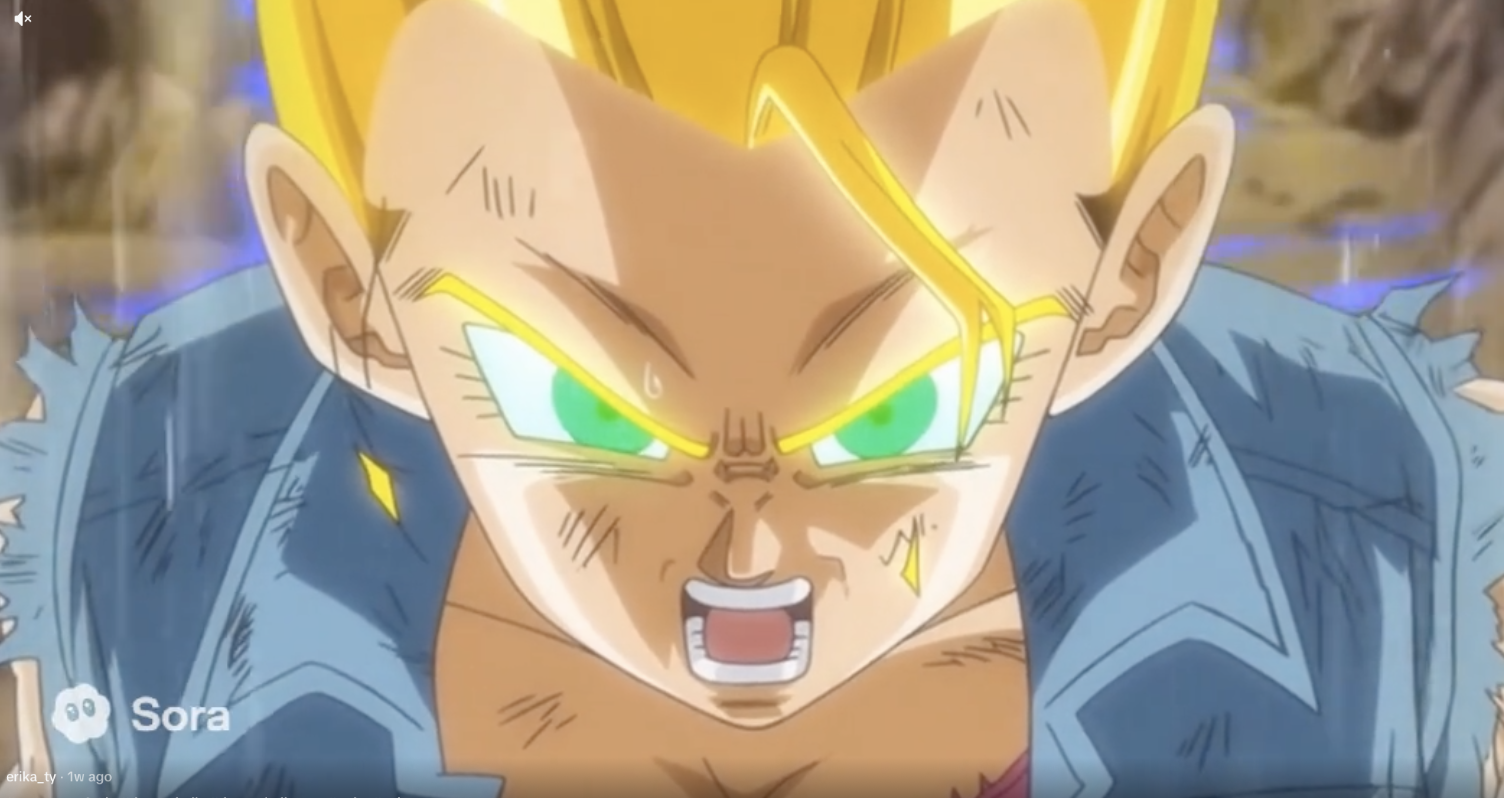
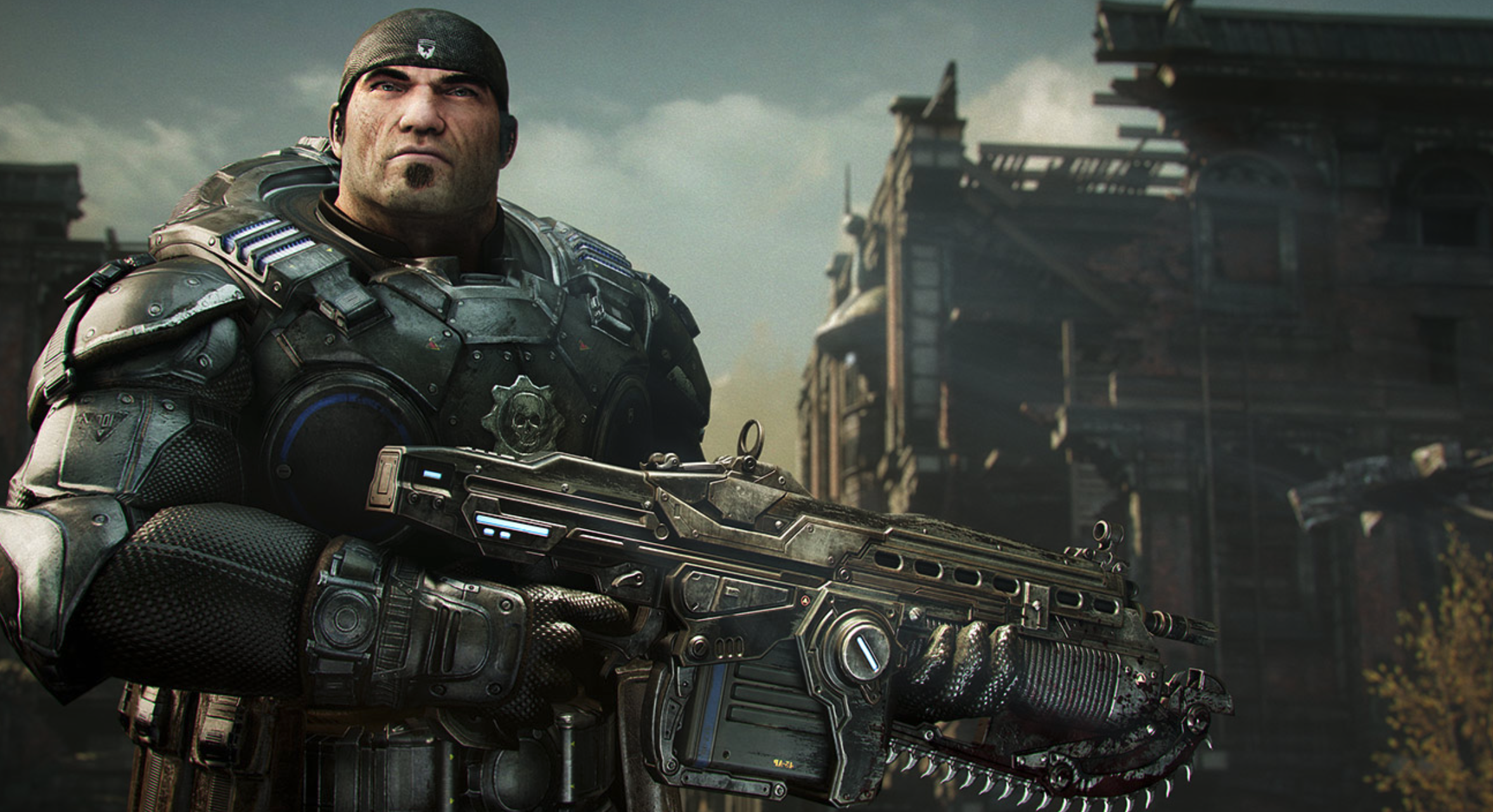




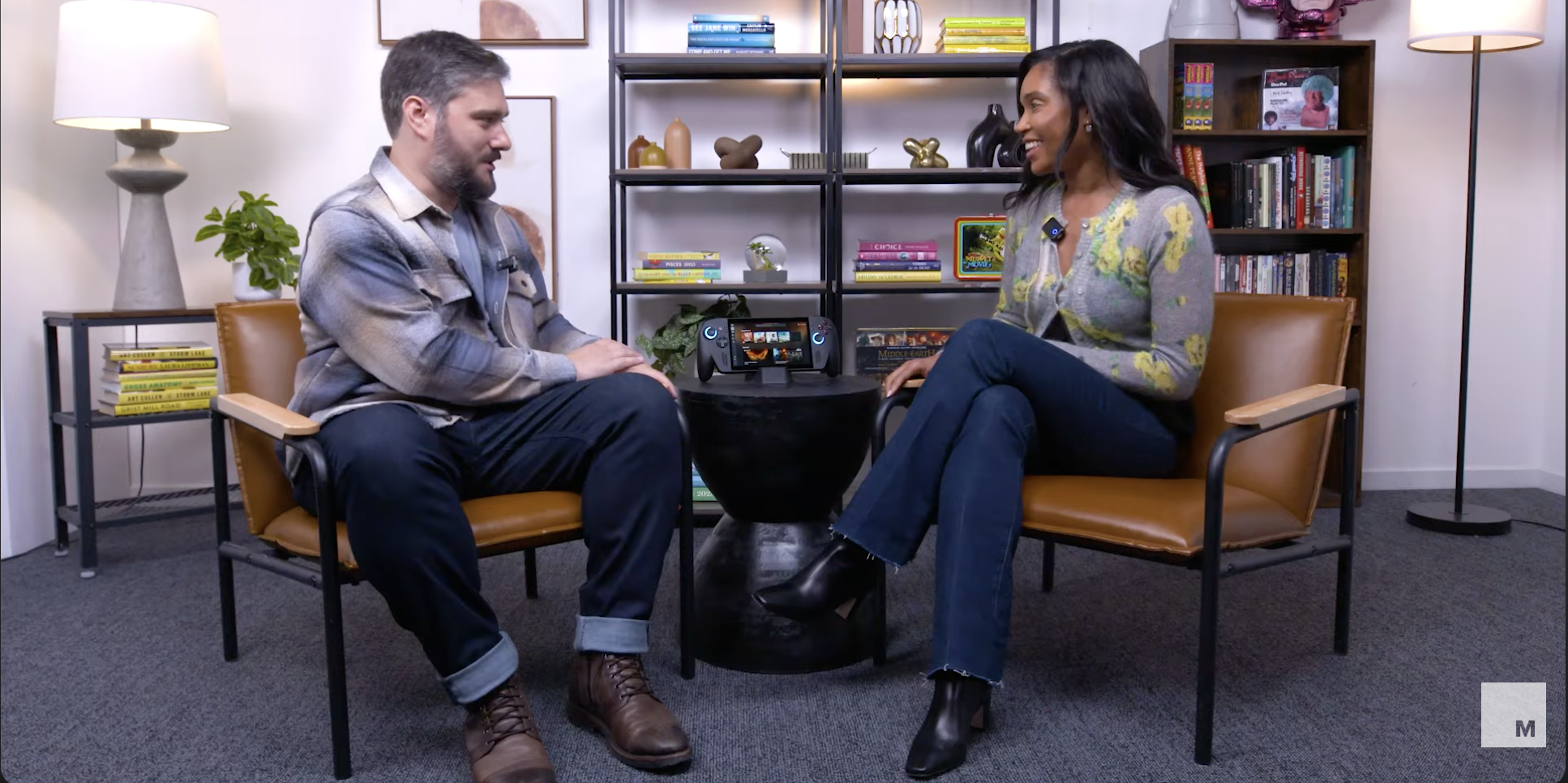

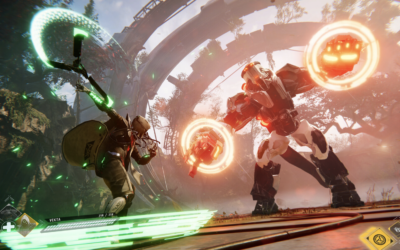
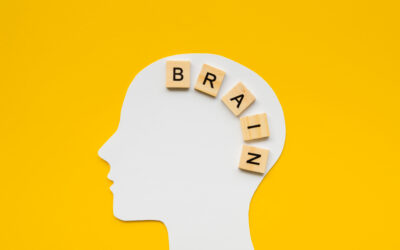
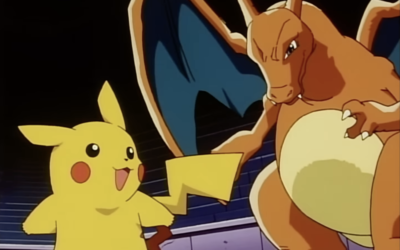
0 Comments